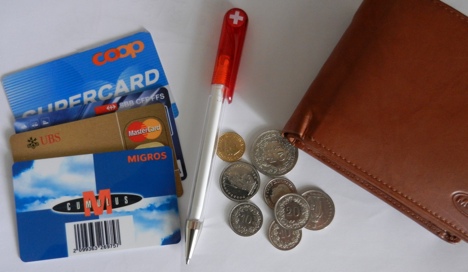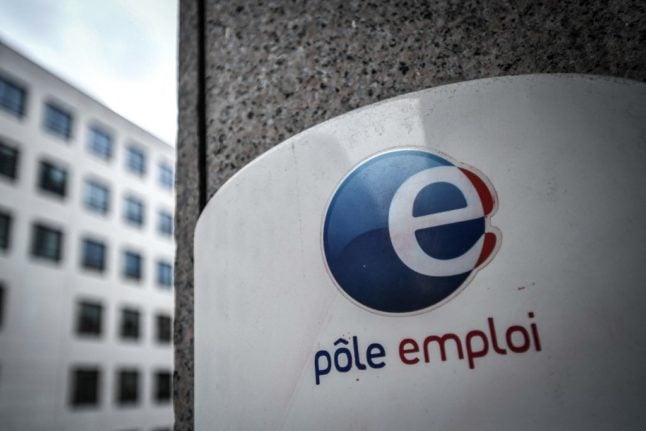Switzerland tops a list compiled by Handelsblatt, the German-language business journal, for money saved on average by average households.
The Swiss put aside 17.5 percent of gross income into savings last year, the journal says in a report using Eurostat figures.
This may not be entirely surprising given that incomes in the mountain country are three to four times as high as in most European countries.
Switzerland’s unemployment rate of 2.9 percent in June compares with an average in the European Union of 12.1 percent in May, according to Eurostat.
The Swiss savings rate come ahead of Germans (16.5 percent) and the French (15.5 percent), according to Handelsblatt.
The report highlights a growing divide between wealthy northern countries and poorer countries in southern Europe.
Savings rates in Spain fell to eight percent in 2012 from 11 percent in the previous year, as that country battles an unemployment rate of more than 26 percent.
In Cyprus, the savings rate halved to 4.4 percent.
In Greece, the rate was negative 6.4 percent as citizens dug into existing reserves, Handelsblatt reported.
Greeks have seen their average income fall by 22 percent since 2009 while prices rose by 10 percent in the same period.
Residents of Greece, where more than 26 percent of residents are also jobless, lost a third of their purchasing power.



 Please whitelist us to continue reading.
Please whitelist us to continue reading.
Member comments